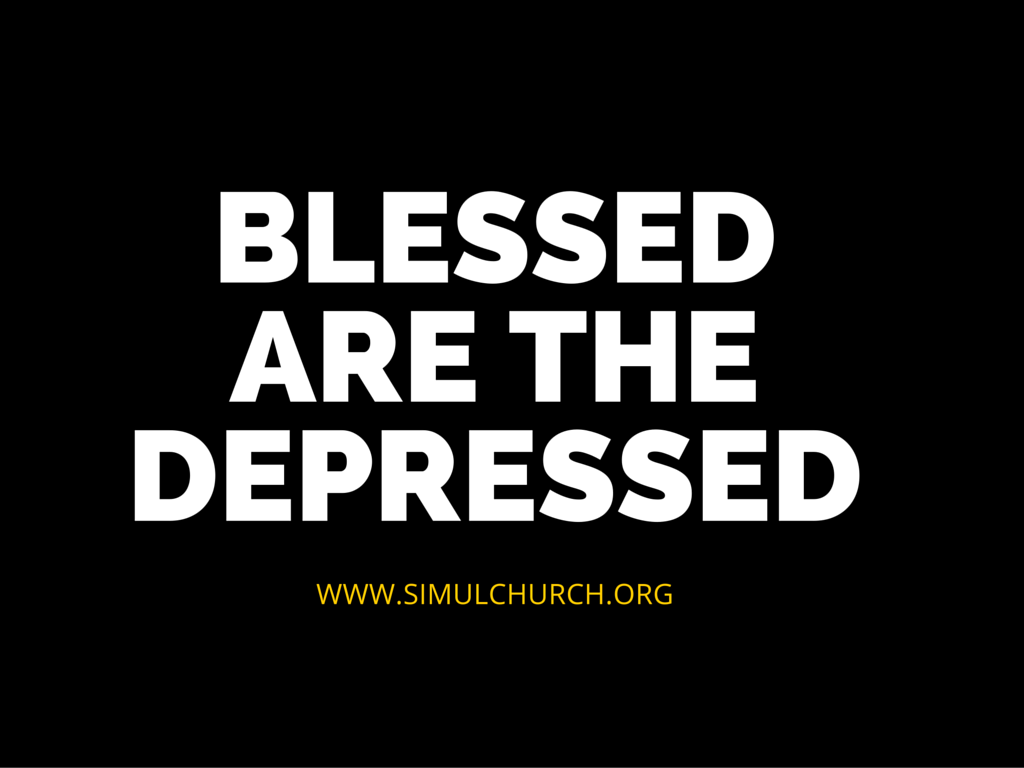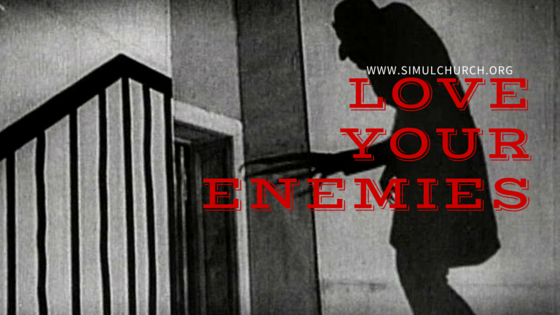It’s impossible to be free if you cannot be honest. And it’s impossible to be honest if you know you’re being watched by the theological elite, waiting for you to trip into something that could be labeled “overzealous” or — worse — “obnoxious.” Or — if you really want to grind the gears of the theological elite — you could suggest that most evangelical churches are filled with self-obsessed navel-gazers who wouldn’t know a good work outside of a pietistic sermon about good works.
My point is: most evangelical churches are filled with self-obsessed navel-gazers who wouldn’t know a good work outside of a pietistic sermon about good works.
Would you rather I lied about it?
Christian freedom is not a real thing if we are so sensitive to raw honesty that we suppress those who are brave enough to tell the truth. There are a few ways to suppress people for telling the truth.
We can shame them. It’s easy to shame someone while they are in the midst of taking a risk. Many people create a convincing smokescreen that they are creating something real and raw, and yet they are surfing the coattails of the truth-tellers who came before them. It is usually this class that resorts to shaming those who are publicly reorienting their approach to things.
We can mock them. This is a way to deny the underlying suffering. It is a strong tool, especially in communities that are shaped by tradition, because it is easy to demonize an emotional deviation from the status quo. It is usually outright shame for when the honest person is being serious, but when they are being emotional we mock them — because emotion is so raw that it’s an easy target.
I remember Mark Driscoll once talked about “cage-stage Calvinism.” He said some people are so new to Calvinism and so uncontrollably excited about it, that they ought to be locked in a cage so as not to injure others or themselves. Leave it to Driscoll to suggest locking his own converts in a cage for their own good, but let me explain why I brought him into this.
When people are newly-converted, they are running all of their old software through a brand new operating system. My Mac the other day was telling me that some new OS is out now and I should download it. Understanding the gospel of grace is like downloading a brand new operating system. The gospel of grace (which is intertwined with myriad theological language: Christian freedom, simul justus et peccator, law and gospel, etc.) needs a moment to “sync up” with all the old programs. Some of the old programs won’t even work with the new operating system.
When people are trying to articulate the gospel of grace for themselves, for the first time, it isn’t going to come out like a smooth theological treatise on historical Christian orthodoxy. This isn’t a seminary class, this is real life. It’s a swirl of human emotion, Christian conviction, and newly-discovered permission to be honest.
And yet, when people start forming the words — when they are running the OS for the first time — we try to grab the keyboards out of their hands. “You can’t say that!” But I’m trying to be honest. “Yeah, but you can’t be honest about that! You are gonna lead people astray — do you want to be responsible for that?” We so quickly resort to fear-mongering, we so quickly assume we know what point people are trying to make, and — at the root — we just fucking love to silence people’s suffering. It’s just so uncomfortable! How long are they going to keep using this “broken” card?
“For freedom Christ set us free.”
I think Paul knew how strongly he would have to state this point. This is a good way to measure if what you are believing has anything to do with what Christ has given you in his crucifixion: are you free or a slave?
If the community that you are in has no tolerance for your honest observations about life under the sun (even if those observations expose the self-assured evangelical church-goers who may or may not be financing that community) then you are not free.
Although it might actually be consistent with my “personal brand” to encourage everyone to burn the institution down for the sake of burning the institution down, that isn’t what I’m suggesting. I might be an iconoclast but I’m not an anarchist.
If you pastor a church, let your people be honest. Don’t dismiss their suffering simply because it challenges your fragile ego. Understand that a good number of people are not bucking against what Christ has ordained — an assembly of those who profess his name as the resurrected Savior — but instead they are sick to death of the corporatized, money-hungry, social-conformity-machine that represents a large portion of the evangelical Church.
“Stand firm, therefore, and do not submit again to a yoke of slavery.”
What Paul said.




